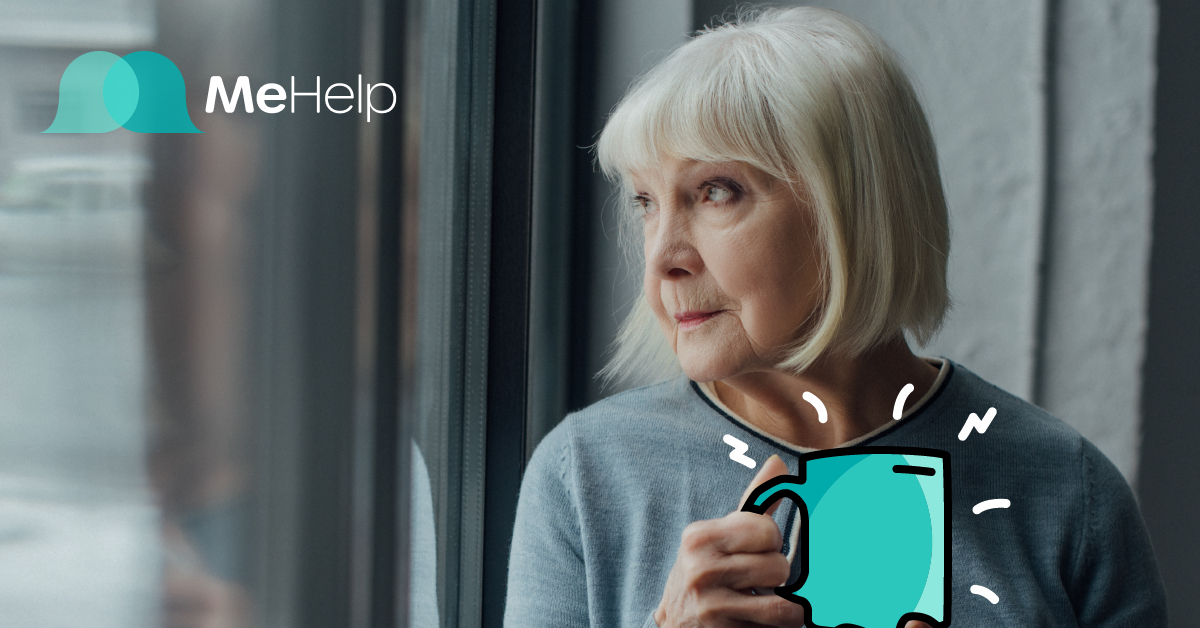Smoke Addiction: Understand, Quit and Take Control of Your Health
Smoke addiction, often driven by nicotine dependence, is a widespread health issue in Australia. It commonly involves regular use of tobacco products such as cigarettes or modern alternatives like vapes and e-cigarettes. While many people want to quit, the addictive nature of nicotine and the psychological habits tied to smoking can make it feel incredibly difficult to stop.
The good news is that quitting is achievable. With the right support, evidence-based strategies and a personalised plan, lasting change is possible.
What is Smoke Addiction
Smoke addiction involves both a physical dependence on nicotine and a behavioural habit reinforced by routine, stress or emotional triggers. Nicotine alters brain chemistry by releasing dopamine, a chemical linked to pleasure and reward. Over time, the brain adapts, leading to cravings and withdrawal symptoms when nicotine levels drop.
Common signs of nicotine dependence include:
- Feeling anxious or irritable when you have not smoked
- Difficulty going for long periods without smoking
- Smoking first thing in the morning or during stressful moments
- Continuing to smoke despite knowing the health risks
- Using cigarettes or vapes to manage mood, boredom or social pressure
Health Impacts of Smoking and Vaping
Smoking is one of the leading causes of preventable death in Australia. It is linked to a wide range of health conditions, including:
- Lung cancer and other cancers
- Heart disease and stroke
- Chronic obstructive pulmonary disease (COPD)
- Infertility and pregnancy complications
- Poor wound healing and immune function
Vaping is often promoted as a safer alternative, but research shows it is not risk-free. Many vape products contain high levels of nicotine and other harmful substances, and long-term effects are still being studied. Young people in particular are at risk of developing a rapid dependency through vaping.

Myths about Smoke Addiction
Myth: It is just a bad habit, not an addiction
Truth: Nicotine is a highly addictive substance. Smoke addiction involves both physical dependence and psychological reinforcement.
Myth: Cutting back slowly is enough
Truth: Reducing cigarettes can help, but many people relapse without a structured plan and support. Evidence shows that a combination of behavioural support and nicotine replacement is more effective.
Myth: Quitting is all about willpower
Truth: While motivation matters, addiction changes how the brain functions. Support, planning and the right tools are essential for long-term success.
Why Seeking Help Matters
Quitting smoking or vaping can significantly improve your health, finances and quality of life. Within weeks of stopping, the body begins to repair itself. Long-term benefits include:
- Reduced risk of cancer, heart disease and lung conditions
- Improved energy, breathing and sleep
- Enhanced mental health and reduced stress
- Better sense of taste and smell
- Financial savings over time
Support from a health professional can:
- Help you identify triggers and cravings
- Provide coping strategies to manage withdrawal
- Increase motivation and accountability
- Tailor a plan based on your lifestyle and needs
- Support relapse prevention and long-term success
How MeHelp Psychology Can Assist You
At MeHelp Psychology, we understand that smoke addiction is more than just a physical habit. Our psychologists offer evidence-based strategies to support your journey to becoming smoke-free.
Our services include:
- Cognitive Behavioural Therapy (CBT) to address thought patterns and behaviours related to smoking
- Behavioural planning to identify triggers and break the smoking cycle
- Motivational interviewing to support readiness for change
- Stress and emotion regulation skills for coping without smoking
- Support in integrating nicotine replacement therapy or medical options in collaboration with your GP
- Relapse prevention strategies to maintain progress over time
Real-Life Example
Steve, 52, had been smoking for over 30 years and tried quitting multiple times without success. He often smoked during work breaks and after stressful conversations. With support from a MeHelp psychologist, Steve identified his key triggers, developed coping skills and worked alongside his GP to use nicotine patches. After twelve weeks, Steve had successfully quit and now enjoys improved breathing, better sleep and a sense of personal control.

Practical Steps You Can Take Today
- Set a quit date and tell someone you trust
- Write down your reasons for quitting and keep them visible
- Identify your smoking triggers and plan alternative responses
- Use a free quit app or call Quitline (13 7848) for extra support
- Try nicotine patches, lozenges or gum to reduce cravings
- Practise deep breathing or physical activity when urges hit
- Reward yourself for progress, even small steps
Frequently Asked Questions (FAQs)
Is vaping a safe way to quit smoking?
While vaping may help some people transition away from cigarettes, it still carries health risks and can lead to nicotine dependence. It should only be considered with medical advice and as a short-term stepping stone.
How long does withdrawal last?
Most physical withdrawal symptoms ease within one to two weeks. Psychological cravings may persist longer, which is why behavioural support is so important.
Can a psychologist really help with quitting smoking?
Yes. Psychological support improves quit rates and helps manage the emotional and behavioural aspects of addiction. Therapy can make quitting feel more manageable and sustainable.
Do I need to quit cold turkey?
Not necessarily. Some people benefit from gradual reduction, while others prefer a clear break. A personalised plan is most effective.
Take the First Step
Quitting smoking or vaping is one of the most powerful decisions you can make for your health. No matter how long you have been using nicotine, it is never too late to stop.
Book a session with MeHelp Psychology today and take control of your wellbeing, one breath at a time.
Are you ready to speak to an online psychologist?
Our caring team are ready to help you. Contact us today to book your 15-minute consultation (at no cost, and no obligation) at a time that is convenient to you. You can be speaking to a psychologist online quickly.
Get Started